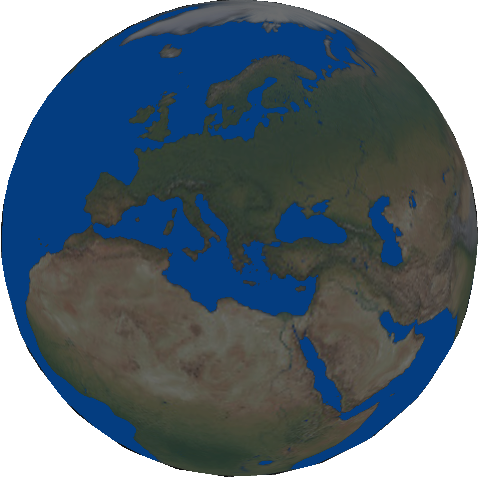Candide
01/1759 AD published
Candide is considered as Voltaire's magnum opus: It was a model for the eighteenth- and early nineteenth-century novels called the contes philosophiques. This genre, of which Voltaire was one of the founders, included previous works of his such as Zadig and Micromegas.
Candide satirizes various philosophical and religious theories that Voltaire had previously criticized. Primary among these is Leibnizian optimism (sometimes called Panglossianism after its fictional proponent), which Voltaire ridicules with descriptions of seemingly endless calamity.
Voltaire demonstrates a variety of irredeemable evils in the world, leading many critics to contend that Voltaire's treatment of evil—specifically the theological problem of its existence—is the focus of the work.
Heavily referenced in the text are the Lisbon earthquake, disease, and the sinking of ships in storms. Also, war, thievery, and murder—evils of human design—are explored as extensively in Candide as are environmental ills. Bottiglia notes Voltaire is "comprehensive" in his enumeration of the world's evils. He is unrelenting in attacking Leibnizian optimism.
Fundamental to Voltaire's attack is Candide's tutor Pangloss, a self-proclaimed follower of Leibniz and a teacher of his doctrine. Ridicule of Pangloss's theories thus ridicules Leibniz himself, and Pangloss's reasoning is silly at best.
Candide has enjoyed both great success and great scandal. Immediately after its secretive publication, the book was widely banned to the public because it contained religious blasphemy, political sedition, and intellectual hostility hidden under a thin veil of naïveté.
Though Voltaire did not openly admit to having written the controversial Candide until 1768 (until then he signed with a pseudonym: "Monsieur le docteur Ralph", or "Doctor Ralph"[89]), his authorship of the work was hardly disputed.
Subjects Who or What published?
-
Voltaire (François-Marie Arouet) Prolific French writer ...
Events in 1759 MORE











